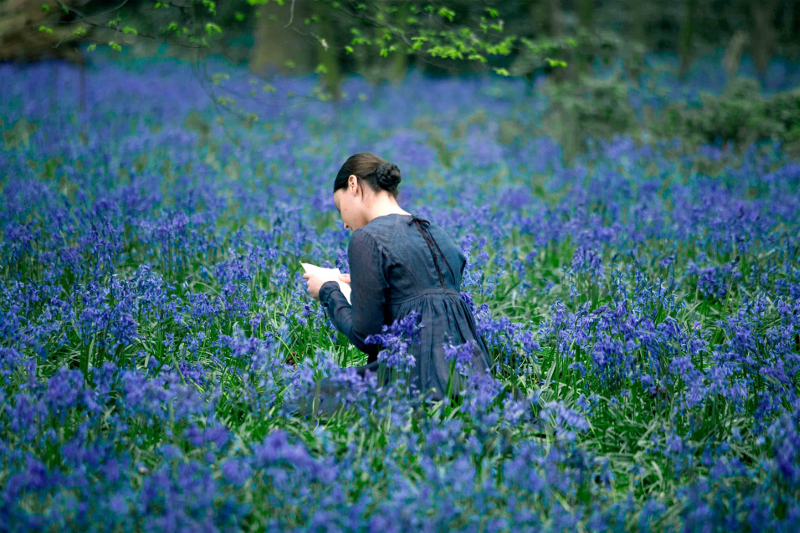Director – Jane Campion – 2009 – UK – Cert. PG – 119m
*****
The early nineteenth century romance between prospectless young poet John Keats and the younger Fanny Brawne – in cinemas from Friday, November 6th 2009
Bright Star‘s title comes from an 1819 love poem written by 23-year-old John Keats for 18-year-old Fanny Brawne, his next door neighbour. The poet (historical spoiler coming) contracted tuberculosis and died at the tender age of 25, before the couple could be married. Brawne subsequently mourned him for several years.
As you might expect from a filmography including both The Piano and In The Cut, Jane Campion is never one to match standard expectations and often overturns them to advantage.
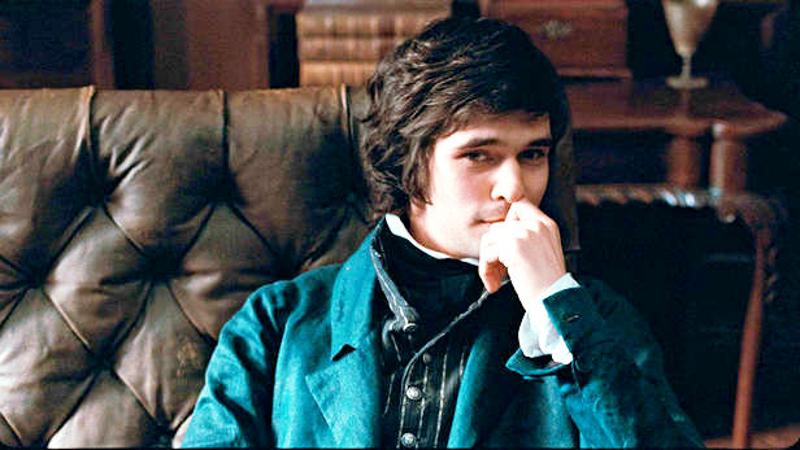
There is scarce little (verbal) poetry here either spoken by the actors onscreen or in voice-over. The source materials are Andrew Motion’s biography Keats and the poems themselves. Reading Motion’s book, Campion was very taken with his material on the love relationship between the poet and Brawne and thought there could be a film there. Without any real idea as to how such a film would work at the time. She eventually opted for telling the couple’s story through the eyes of the girl.
Equally scarce are fussy period settings and costumes. What we get instead is a decidedly unfussy Hampstead, houses which are lived in with the necessary minimum of furniture, almost as if one had taken surviving present day, two-hundred-year-old houses, thrown out all the modern technological (wiring, TV, telephone) and otherwise manufactured trappings and just got back to basics like walls and (wooden) tables and chairs. Where the ostentatious clothes and settings of most costume dramas draw the attention, here the very opposite occurs, leaving the audience free to focus more fully on the characters and relationships. The camera work is likewise straightforward and undistracting.
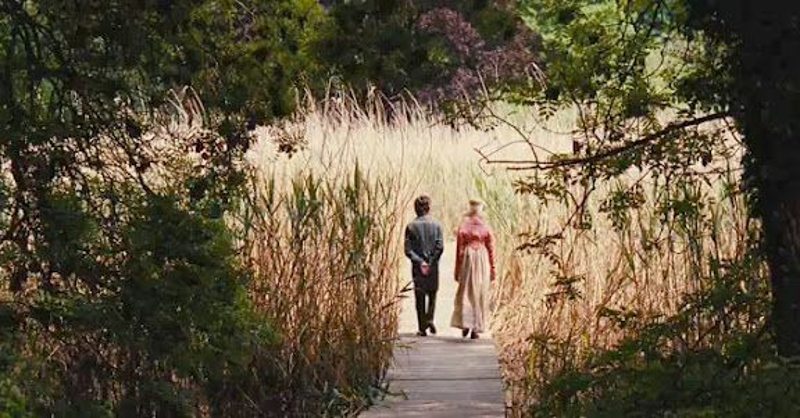
Fanny (Australian Abbie Cornish with a convincing English accent) is introduced to penniless poet John Keats (Ben Whishaw) and convinces him to teach her about poetry. Fanny’s down to earth mum (Campion acolyte Kerry Fox) is concerned that this might be a bad idea since the young man has no obvious financial future.
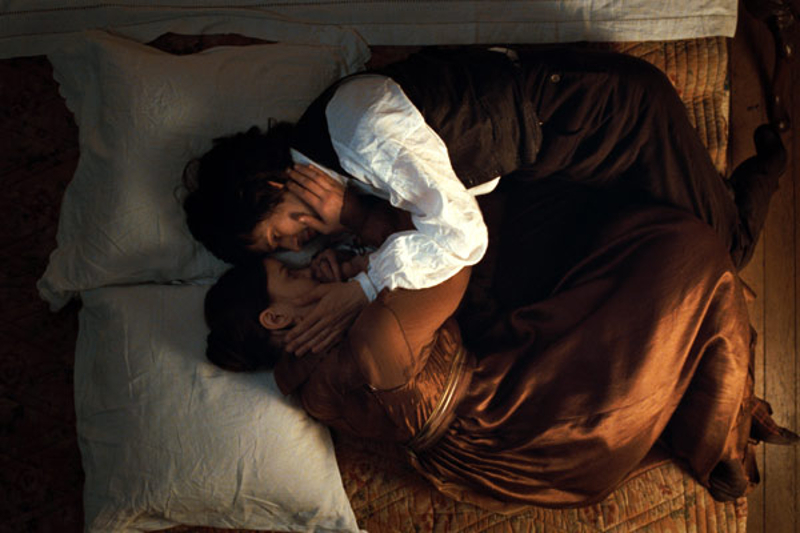
Despite the narrative operating within the period conventions for chaperoning and young people not being left alone together, the love affair feels fresh and modern. Perhaps this is down to the two leads, whose performances are nothing less than spectacular. Whishaw has already demonstrated ability to astound in difficult roles through his reactive part in Perfume: A Story of a Murderer and his Bob Dylan interpretation in I’m Not There: in Bright Star, he’s understated but brilliant. Cornish’s intelligent and lively Fanny is arguably even better and deserves to put her in the running for an Oscar.
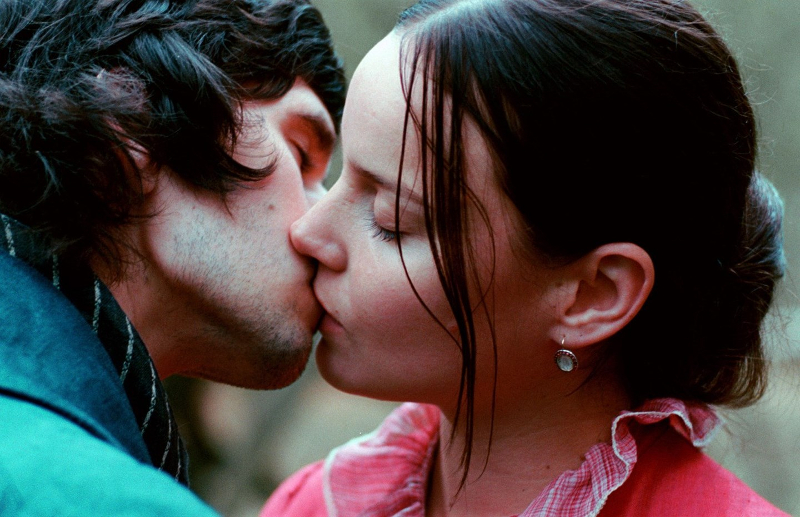
That said, the singular talent pulling all this together first in screenplay and second in direction is Jane Campion who, certainly not for the first time and probably not for the last, has pulled off an unexpected coup by turning a potentially dreary, tacky or worthy subject into a masterpiece. As a bonus, she’s provided a welcome entry point into the dauntingly highbrow world of Keats’ poetry.
Bright Star is in cinemas from Friday, November 6th 2009.
Trailer:
Reviewed for Third Way, November 2009.
